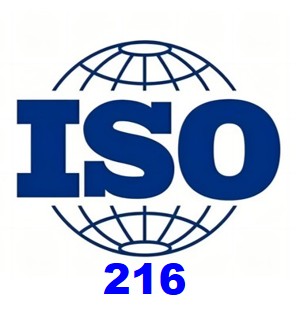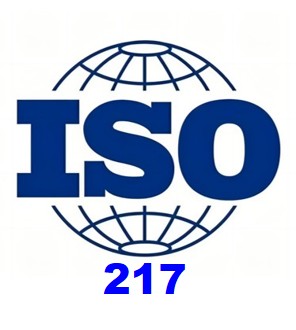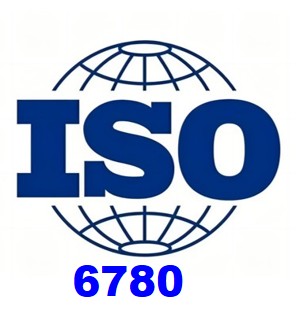ISO Paper Size
ISO 216 Standard Paper Size

ISO 217 Standard Paper Size

ISO Tire Size
ISO 4000 Standard Tire Size

ISO 4249 Standard Tire Size

ISO 4250 Standard Tire Size

ISO 5775 Standard Tire Size

ISO Pallet Size
ISO 6780 Standard Pallet Size

About ISO Standard
What is an ISO Standard?
An ISO standard is a published document, established by international consensus, that provides rules, guidelines, or characteristics for activities or their results.
A: Who creates them? The International Organization for Standardization (ISO). ISO is an independent, non-governmental international organization with a membership of 169 national standards bodies (like ANSI in the USA, BSI in the UK, and DIN in Germany).
B: What's the goal? To ensure that products, services, and systems are safe, reliable, and of good quality. Their core purpose is to facilitate international trade and innovation by providing a common framework that everyone can use.
The famous tagline, "When the world agrees," encapsulates the idea that ISO standards represent global consensus on best practices.
How are they developed?
The development of an ISO standard follows a strict process designed to ensure fairness, transparency, and consensus:
A: Proposal: A new standard is proposed by an industry group or a national member body.
B: Preparatory: A working group of subject matter experts is formed to create a working draft.
C: Committee: The draft is shared with all ISO member bodies for comment and feedback.
D: Enquiry: The draft (now a Draft International Standard - DIS) is voted on by all members.
E: Approval: The final draft (Final Draft International Standard - FDIS) is voted on. If it passes, it becomes an official standard.
F: Publication: The standard is published and made available for purchase and implementation.
Why are they so important? (The Benefits)
For Businesses:
① Efficiency: Streamlines processes and reduces errors and waste.
② Market Access: Essential for competing in global markets; many governments and large corporations require suppliers to be ISO certified.
③ Customer Confidence: A certification (like ISO 9001) is a signal of quality and reliability, enhancing brand reputation.
④ Innovation: Provides a stable platform upon which new technologies can be developed interoperably.
For Consumers:
① Safety & Quality: Ensures products (from cars to toys) are safe and perform as expected.
② Compatibility: Guarantees that products from different manufacturers work together (e.g., USB ports, credit card sizes, phone chargers).
③ Environmental Protection: Standards like ISO 14001 encourage companies to minimize their environmental impact.
For Society:
① Facilitates Trade: Breaks down technical barriers to trade by creating a "common language."
② Shares Knowledge: Disseminates best practices and technological progress globally.










